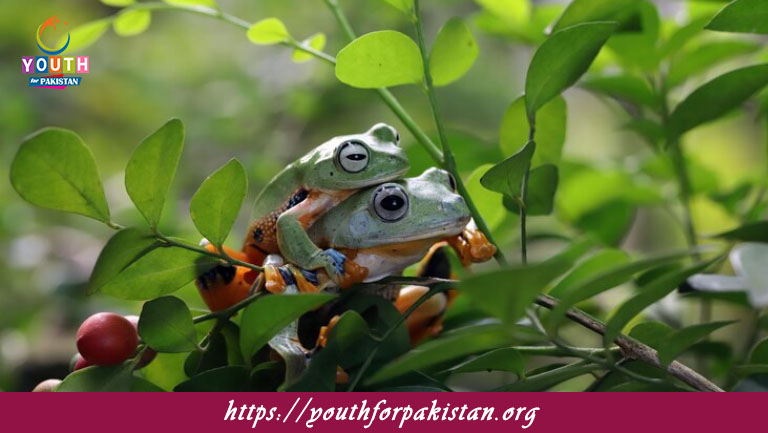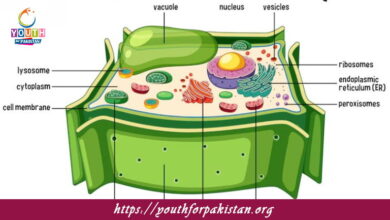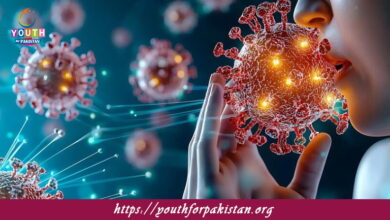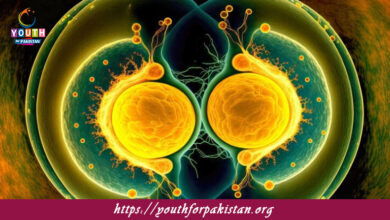Life Processes In Animals & Plants MDCAT Quiz with Answers

Life Processes In Animals & Plants MDCAT Quiz; Life processes in animals and plants are vital functions that support life, allowing organisms to grow, reproduce, and respond to stimuli in the environment. These processes form the core of most biology-related topics relevant for MDCAT preparation. Thus, practicing with an MDCAT Quiz about life processes helps one understand these functions better and eventually perform well in the exam.
Life Processes in Animals
Nutrition: Animals show heterotrophic nutrition wherein animals feed on other organisms as food. The digestive system breaks down complex food molecules into simpler ones, which are then absorbed and transported to cells for energy and growth. It comprises ingestion, digestion, absorption, and egestion.
Respiration: Respiration is the process in which animals break down oxygen and nutrients to make energy. In aerobic respiration, which occurs in the mitochondria, oxygen is used to make energy in the form of ATP, while anaerobic respiration happens without oxygen and produces less energy.
Circulation: The circulatory system is made up of the heart, blood, and blood vessels, which establish a transport of gases, nutrients, and waste products throughout the body. It maintains homeostasis and carries on the activities of the cells.
Excretion: Excretion involves the removal of waste products from the body, such as carbon dioxide, urea, and excess salts. The kidneys, lungs, and skin are the main excretory organs in animals, helping to maintain the balance of bodily fluids and prevent toxicity.
Response to Stimuli: The nervous system enables animals to respond to stimuli in the environment. The sensory organs detect changes in the environment, and the brain processes these signals to elicit appropriate responses, such as movement or behavioral changes.
Life Processes in Plants
Nutrition: Plants go through photosynthesis, using sunlight, carbon dioxide, and water to give off glucose and oxygen. The process basically occurs in the chloroplasts of the plant cell; these parts contain chlorophyll, which absorbs sunlight.
Respiration: Plants, like animals, respire to release energy. The aerobic respiration in plants occurs in the mitochondria, where glucose and oxygen are converted to carbon dioxide, water, and energy. Unlike photosynthesis, which occurs only in the presence of sunlight, respiration is a continuous process.
Transport: Plants have xylem and phloem tissues that are responsible for the transport of water, nutrients, and sugars. The xylem carries water and minerals from the roots to the rest of the plant, while the phloem carries the products of photosynthesis to other parts of the plant.
Excretion: Plants excrete waste products through processes like guttation – excretion of water droplets and transpiration – loss of water vapour. Though they lack excretory organs as in the case of animals, plants release excess oxygen and gases through stomata.
Growth and Response to Stimuli: Plants show various tropisms, for instance, phototropism—growth towards light—and gravitropism—response to gravity—ensuring optimal conditions for survival. The plants also contain hormones like auxins, gibberellins, and cytokinins that control growth and response to changes in the environment.
MDCAT Life Processes in Animals and Plants Quiz
An MDCAT Quiz on life processes in animals and plants is the best way to strengthen your learning of how organisms perform their fundamental functions. The activity will cover processes such as nutrition, respiration, excretion, and transport, which will help you reinforce your knowledge and be better prepared for related questions on the exam.
Free Flashcards for Life Processes
Use Free Flashcards in order to memorize the key terms associated with life processes in animals and plants. The flashcards will enable you to recall processes such as photosynthesis, respiration, and transport systems in both animals and plants. Visual aids will further deepen your understanding so that you’re able to understand the interconnections between various life processes. Frequent use of these flashcards will improve your retention and ensure you are well-prepared for your MDCAT exam.
Mastering the life processes in animals and plants is critical to MDCAT success, particularly in areas that pertain to physiology, biochemistry, and ecology. Use of quizzes and flashcards in your study plan will make you understand better, increase retention, and confidently answer related questions on your exam.

The part of the nervous system that controls involuntary actions such as heart rate is the ________.
Autonomic nervous system

The process of breaking down large molecules into smaller ones by enzymes is called ________.
Digestion

The process by which oxygen and carbon dioxide are exchanged in the lungs is called ________.
Gas exchange

The process that involves the intake of food and breaking it down for absorption is called ________.
Digestion

The process by which an animal’s body responds to changes in its environment is called ________.
Homeostasis

The system that helps remove carbon dioxide and oxygen from the blood is called the ________.
Respiratory system
Experience the real exam environment with our expertly designed collection of over 25,000 MCQs MDCAT Mock Tests.





